A radical concept could revise theories addressing cognitive behavior.
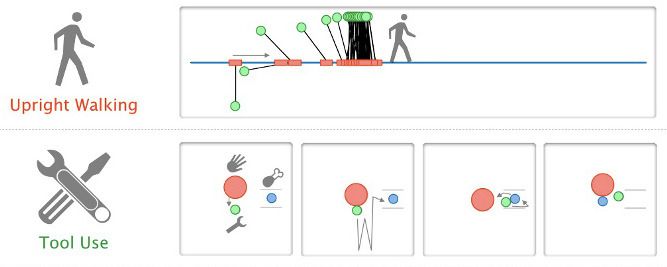

“What are the implications of a technology that wires brains together, that in theory at least permits the existence of hive minds? In fact, you know a lot more about that than you might think. You already are a hive mind. You always have been.” Read more
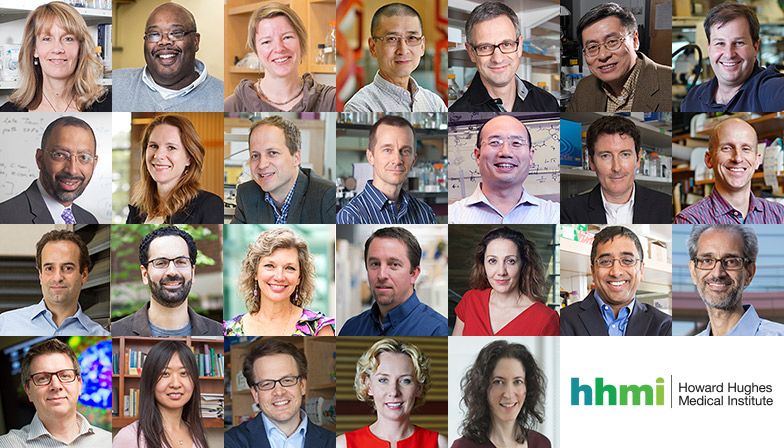
“The Howard Hughes Medical Institute (HHMI) announced today that 26 of the nation’s top biomedical researchers will become HHMI investigators and will receive the flexible support necessary to move their research in creative new directions. The initiative represents an investment in basic biomedical research of $153 million over the next five years.”
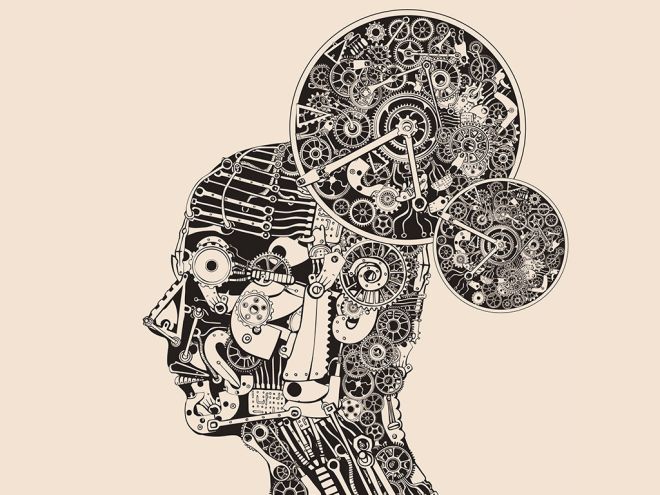
“Nara is essentially a matchmaking system that finds and understands entities in any data set, from people and places to businesses and abstract concepts, then builds a massive knowledge graph that shows weighted links between those entities. Wilson says Nara inserts users right into that knowledge graph to offer personalized recommendations. Knowing a bit about the user is what allows Nara to light up other things they might like. And the system can scrape public databases to enhance its knowledge.”
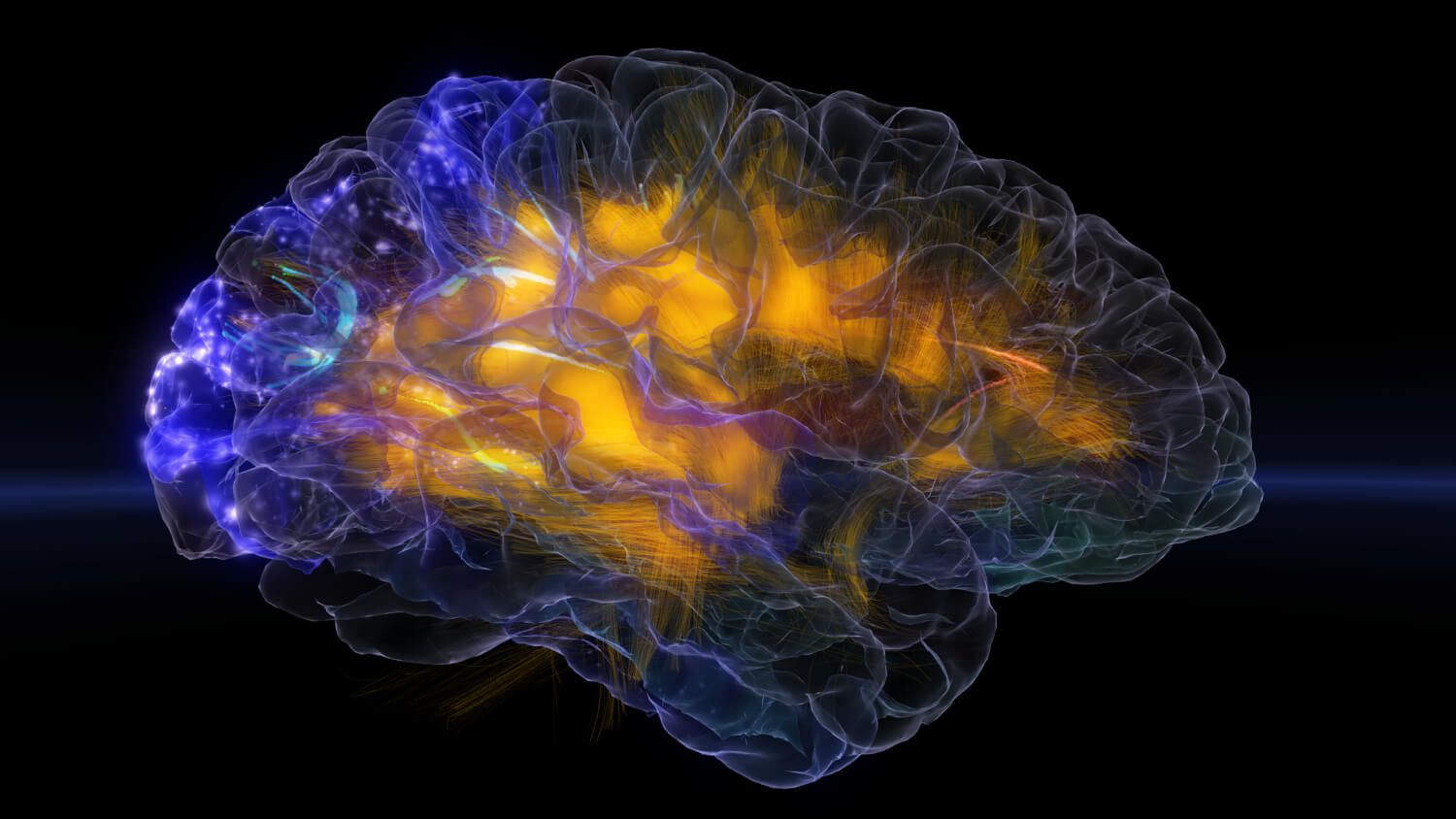
The final frontier of digital technology is integrating into your own brain. DARPA wants to go there. Scientists want to go there. Entrepreneurs want to go there. And increasingly, it looks like it’s possible.
You’ve probably read bits and pieces about brain implants and prostheses. Let me give you the big picture. Read more
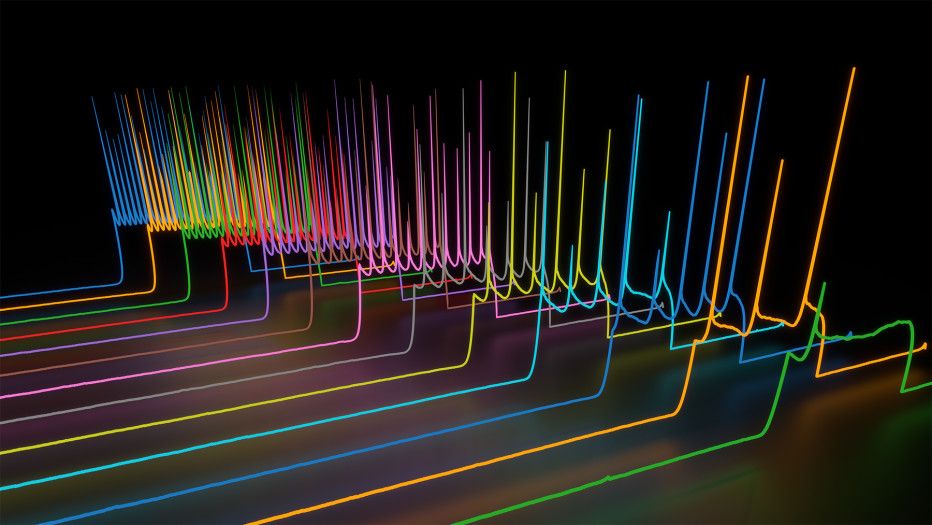
“When it’s complete, the database will be the first in the world to collect information from individual cells along four basic but crucial variables: cell shape, gene expression, position in the brain, and electrical activity. ” Read more
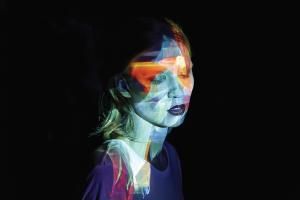
Hal Hodson | New Scientist“The focus is on medical applications to begin with…but the fact that it can sit discreetly behind an ear means that all kinds of other applications are feasible. No one wants to wear a headset constantly, but applying a hidden electronic tattoo once every two weeks is more acceptable.” Read more
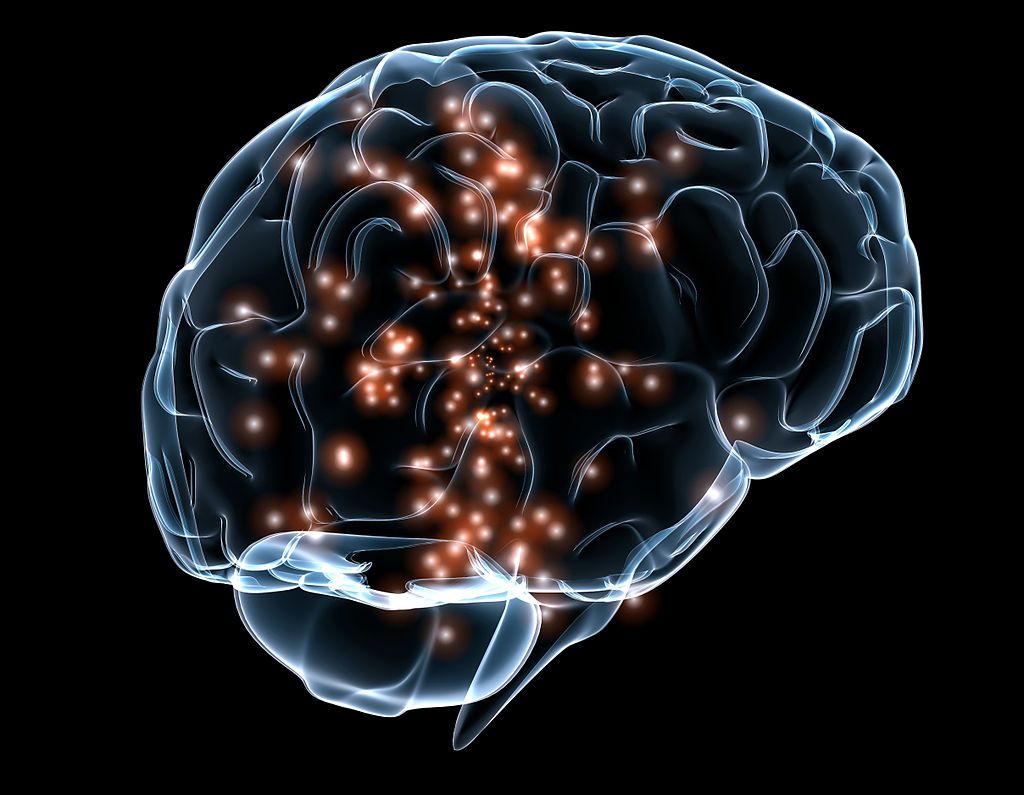
Robert Szczerba | The Next Web
“‘Seeking the truth is at once the most fundamental and the most difficult task of the criminal justice system.’” Read more
— AeonEvery modern generation has had its own idiosyncratic obsession with telepathy, the hope that one human being might be able to read another person’s thoughts. In the late 19th century, when spiritualism was in vogue, mind-reading was a parlour game for the fashionable, and the philosopher William James considered telepathy and other psychic phenomena legitimate subjects of study for the new science of psychology. By the 1960s, the Pentagon was concerned about Soviet telepathy research and reports that they had established remote communications with submarine commanders. In the 1970s, one ambitious Apollo 14 astronaut took it upon himself to try broadcasting his brainwaves from the moon.
In our technologically obsessed era, the search for evidence of psychic communication has been replaced by a push to invent computerised telepathy machines. Just last year, an international team of neurobiologists in Spain, France and at Harvard set up systems that linked one brain to another and permitted two people to communicate using only their thoughts. The network was basically one massive kludge, including an electroencephalography cap to detect the sender’s neural activity, computer algorithms to transform neural signals into data that could be sent through the internet and, at the receiving end, a transcranial magnetic stimulation device to convert that data into magnetic pulses that cross another person’s skull and activate certain clusters of neurons with an electrical field. With this contraption, the researchers were able to send a signal of 140 bits (the word ‘ciao’) from one person’s brain to another.Read more
Rebecca Boyle — aeon
Five years ago, in a new city and in search of a new hobby, I decided to try playing a musical instrument for the first time. I had never learned to read music; in my grade school, the optional orchestra class was offered at the same time as the optional robotics class, and I chose the latter. Understanding nothing about chords or music theory, I settled on the relatively simple mountain dulcimer, a three-stringed lap instrument from Appalachia.
I was proud of how quickly I picked it up. I could replicate many of the old-time fiddle tunes, Civil War ballads and Ozark folk songs my instructor played during demonstrations, and I learned to discern notes by ear. I was hardly a virtuoso, however, and after a few months I hit a plateau. I could hear how they were supposed to sound, but challenging, faster-tempo songs remained out of my grasp. Frustrated, I distinctly remember thinking: ‘If only I’d learned music as a kid, I might have been great at this.’
Read more